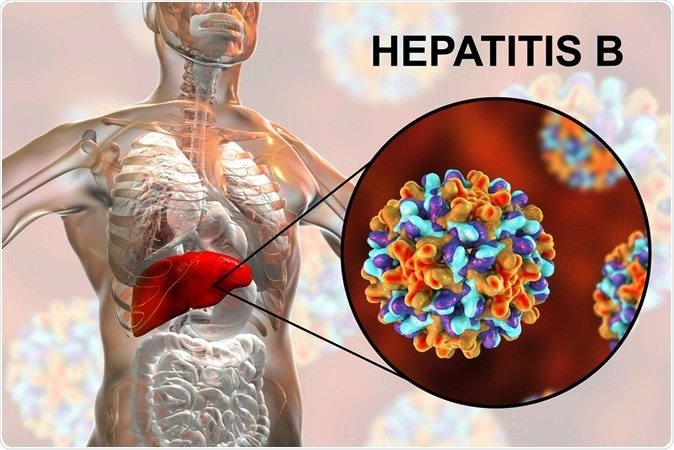World Hepatitis Day 202, Under the Theme: Hepatitis Can’t Wait

World Hepatitis Day (WHD) takes places every year on 28 July bringing the world together under a single theme to raise awareness of the global burden of viral hepatitis and to influence real change. In 2021 the theme is ‘Hepatitis Can’t Wait’. World Hepatitis Day, observed on July 28 every year, aims to raise global awareness of hepatitis — a group of infectious diseases known as Hepatitis A, B, C, D, and E — and encourage prevention, diagnosis and treatment.
Nyuka Cilia Wasa (Student Journalist)
WHD is a day for the world’s hepatitis community to unite and make our voices heard. It’s a day to celebrate the progress we have made and to meet the current challenges. It’s also an opportunity for us to increase awareness and encourage a real political change to jointly facilitate prevention, diagnosis and treatment. WHD is a great opportunity for us to raise awareness of the importance of knowing your hepatitis status and to spread the word about treatment.
Hepatitis refers to inflammation of the liver. Most commonly, it develops due to a viral infection or alcohol consumption, but it can also result from toxins, drugs, and certain conditions, including autoimmune conditions. There are five main types of hepatitis: A, B, C, D, and E. Hepatitis B and C are the most common.
Just like every other diseases, there are some myths surrounding Hepatitis as well. According to two experts, a Research associate in the Division of Epidemiology and Biostatistics at the University of California, Shelley Facente, PH.D, and a Gastroenterologist at Indiana University Health, Dr. Lauren Nephew, their article will help unravel some of these misunderstandings. Some of which are;
All types of hepatitis are equally serious. Some types of hepatitis are self-limiting, which means that they clear up on their own. Others can cause liver cancer or permanent liver damage. “The hepatitis viruses are actually very different,” Facente quotes. She outlined the differences between hepatitis A, B, and C
Hepatitis C is rare. According to the World Health Organization (WHO), 325 million people Trusted Source have hepatitis B, C, or both. Together, hepatitis B and C are the most common causes of cirrhosis and liver cancer. They also cause the most viral hepatitis-related deaths.
People with hepatitis C cannot breastfeed. “Hepatitis C virus [does] not spread Trusted Source through breast milk,” said Dr. Nephew. However, she added that people “with cracked or bleeding nipples should temporarily stop breastfeeding until there has been healing.”
People can contract hepatitis by kissing and holding hands. Although this myth is widespread, it is still a myth. “Hepatitis C virus
[spreads]
when someone comes into contact with blood Trusted Source from someone who has contracted the virus through shared drug injection equipment, non-sterile tattoo equipment, birth,
[or]
, rarely, sex.”
All people with hepatitis have jaundice. “Jaundice is a sign of liver problems,” said
Facente, “but not all hepatitis viruses cause liver problems right away.”
Hepatitis is genetic. There is a myth that hepatitis C is genetic and, therefore, can pass from generation to generation. This is not true. “Hepatitis C is a virus. It is not genetic or inherited from parents,” said Dr. Nephew.
There is a vaccine for all types of hepatitis. This is not true. Currently, there are vaccines for hepatitis A and B. Both of these, as Facente explains, “Require multiple shots to complete the series.”
People cannot contract hepatitis C twice. This is also a myth. As Facente said, “Once someone is treated and cured of hepatitis C, they can [contract it] again — antibodies from the original infection don’t protect you like a vaccine might (if we had one).”
Hepatitis is a global concern.
Understanding how it’s spread and how to reduce transmission are
the first steps in reducing its impact.
With a person dying every 30 seconds from
hepatitis related illness – even in the current COVID-19 crisis – we can’t wait
to act on viral hepatitis.


















